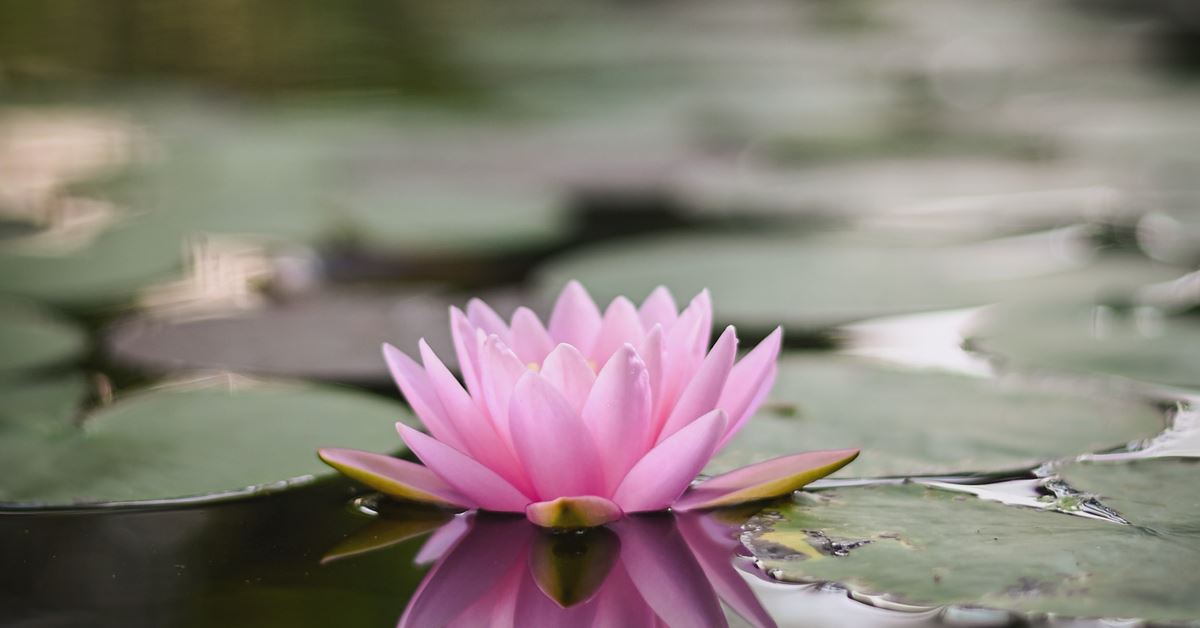
The Lotus, the Emblematic Flower of Vietnam
Published on July 11, 2022
- Funeral complex
Every country or community has its emblem: a key element that has strong symbolism or tells a story. Vietnam—with its many customs and traditions—is no exception. As a loyal community to the Aeterna Complex, the Vietnamese of Montreal can count on the excellent customer service of Mr. Mai Phát Trí, our advisor dedicated to customers wanting to be served in Vietnamese. Discover the lotus, the emblematic flower of this beautiful community.
History of the lotus
The lotus is a perennial aquatic plant of the Nelumbonaceae family. It is the national flower of Vietnam and also of India. It is characterized by the unique fact that it grows above the surface of the water, unlike the water lily, which floats on the water. Cultivated by man for thousands of years, Hindus associate the lotus flower with the creation myth.
Also known as the Sacred Lotus or Oriental Lotus, the lotus flower is obviously considered to be sacred. In fact, the blooming lotus symbolizes the religious offering, but also often serves as a seat for the deities in many pictorial representations, symbolizing the blossoming of the soul.
Symbolism and significance
In the same vein, the lotus flower represents purity and personal growth. It also symbolizes prosperity, longevity, fertility and great strength. Even though the flower usually grows in an unpleasant environment—even in swampy, muddy and "dirty" waters—the legend states that the more opaque and muddy the water, the more beautiful the lotus flower, which remains immaculate. Moreover, the lotus takes a long time to rise above the water (the path to awakening and illumination), because before it emerges from its mud, it is carried away by the water and swayed on all sides. It has to withstand storms and follow the currents before it blooms, which is why we often speak of the strength of the lotus.
The Vietnamese community in Montreal
In Canada, the Vietnamese community was created by the first twenty Carmelite immigrants who left Hanoi in 1954. Subsequently, the community was mainly established by two waves of immigration that occurred during the Vietnam War. In 2016, 240,615 people reported Vietnamese origins in the Canadian Census of Population1. Like many other communities, the majority of Vietnamese Canadians have settled in metropolitan areas such as Montreal.
In order to meet their funeral needs by offering a professional, adapted service in a serene place, the Aeterna Complex is proud to welcome the Vietnamese community to its establishment. Practising rites, rituals and traditions that reflect your image is our priority, and all this, in our clients’ native language.
1. https://www.thecanadianencyclopedia.ca/en/article/vietnamese